"Russia could recognize Kosovo"
After recognizing S. Ossetia and Abkhazia, Russia might act the same when it comes to Kosovo, says a senior Russian official.
Thursday, 28.08.2008.
15:02

After recognizing S. Ossetia and Abkhazia, Russia might act the same when it comes to Kosovo, says a senior Russian official. "Maybe it will, I cannot rule anything out. But there is a clear distinction between Kosovo, on the one hand, and Abkhazia and South Ossetia on the other. Kosovo was not formally, but genuinely a part of Serbia and the former Yugoslavia. South Ossetia and Abkhazia have denied that they are part of Georgia ever since the break up of the USSR,” Konstantin Kosachov told the BBC. "Russia could recognize Kosovo" Kosachov, who is president of the Russian Duma’s Foreign Policy Committee, added that Russia had tried to help Georgia to keep its territorial integrity by political means. “They tried to achieve it by using military force,” he said. “And that was it. Enough is enough.” "All these years since the break up of the Soviet Union, I think that Russia is maybe the only country that advocated putting words into deeds, when it came to respecting international law. Since then, we have not recognized any country, nor have we sent our army beyond Russian borders, nor have we built any army bases,” he said. “We have spoken about international law, the Security Council, the Helsinki Final Act. Our partners, including the United Kingdom, were ready to breach international law when it was in their interest: they bombed Iraq, they recognized Kosovo. Russia is now acting the same way,” Kosachov said. Konstantin Kosachov (FoNet, archive) U.S.: Kosovo unique case Kosovo and South Ossetia are two completely different cases, according to the U.S. State Department. “I do not see any parallels. Those are two completely different cases,” State Department spokesman Robert Wood told a press briefing, asked whether South Ossetia could be compared to Kosovo, since the U.S. supported Kosovo’s independence in February and Russia was supporting South Ossetia’s independence now. Commenting on a statement by the last president of the USSR, Mikhail Gorbachev, that proclaiming the Caucasus a sphere of national interest for the U.S. was a serious mistake, while it was perfectly understandable to accept that Russia had been historically and geographically entrenched in that region for centuries, Wood said that “Georgia is an important ally of the U.S. and it has a democratically elected government.” “We’ve repeated many times that the Russians do not have any reason to fear democracy at its borders. I do not know what else to say about that. We’ve made that clear to the Russians many times,” Wood insisted. Slovenian Foreign Minister Dmitrij Rupel said that the Kosovo question could not be linked with South Ossetia and Abkhazia, adding that the opposition of some EU countries to Kosovo’s independence was only temporary. He told Austrian agency APA that this resistance would disappear the day Kosovo was ready to join the EU. Rupel, whose country presided over the EU in the first half of the year, said that some countries feared in February that Kosovo’s independence could set a precedent and “they had the feeling that this independence would have repercussions for their political situation.” “Even today, some people are saying that Kosovo can be linked with Georgia and Abkhazia or South Ossetia. I don’t share that view,” he stressed, adding that the fact that 46 countries had recognized Kosovo already was a “good result.”
"Russia could recognize Kosovo"
Kosachov, who is president of the Russian Duma’s Foreign Policy Committee, added that Russia had tried to help Georgia to keep its territorial integrity by political means. “They tried to achieve it by using military force,” he said. “And that was it. Enough is enough.”"All these years since the break up of the Soviet Union, I think that Russia is maybe the only country that advocated putting words into deeds, when it came to respecting international law. Since then, we have not recognized any country, nor have we sent our army beyond Russian borders, nor have we built any army bases,” he said.
“We have spoken about international law, the Security Council, the Helsinki Final Act. Our partners, including the United Kingdom, were ready to breach international law when it was in their interest: they bombed Iraq, they recognized Kosovo. Russia is now acting the same way,” Kosachov said.
U.S.: Kosovo unique case
Kosovo and South Ossetia are two completely different cases, according to the U.S. State Department.“I do not see any parallels. Those are two completely different cases,” State Department spokesman Robert Wood told a press briefing, asked whether South Ossetia could be compared to Kosovo, since the U.S. supported Kosovo’s independence in February and Russia was supporting South Ossetia’s independence now.
Commenting on a statement by the last president of the USSR, Mikhail Gorbachev, that proclaiming the Caucasus a sphere of national interest for the U.S. was a serious mistake, while it was perfectly understandable to accept that Russia had been historically and geographically entrenched in that region for centuries, Wood said that “Georgia is an important ally of the U.S. and it has a democratically elected government.”
“We’ve repeated many times that the Russians do not have any reason to fear democracy at its borders. I do not know what else to say about that. We’ve made that clear to the Russians many times,” Wood insisted.
Slovenian Foreign Minister Dmitrij Rupel said that the Kosovo question could not be linked with South Ossetia and Abkhazia, adding that the opposition of some EU countries to Kosovo’s independence was only temporary.
He told Austrian agency APA that this resistance would disappear the day Kosovo was ready to join the EU.
Rupel, whose country presided over the EU in the first half of the year, said that some countries feared in February that Kosovo’s independence could set a precedent and “they had the feeling that this independence would have repercussions for their political situation.”
“Even today, some people are saying that Kosovo can be linked with Georgia and Abkhazia or South Ossetia. I don’t share that view,” he stressed, adding that the fact that 46 countries had recognized Kosovo already was a “good result.”










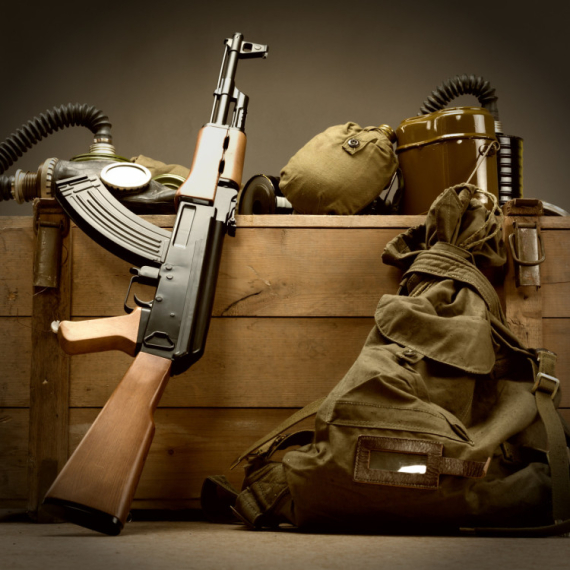



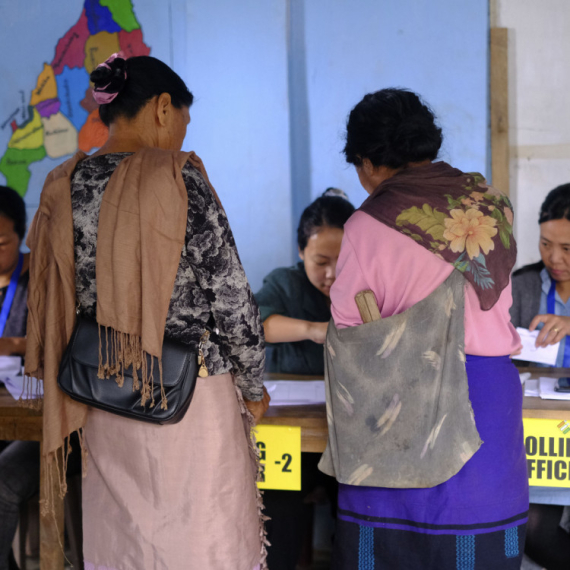

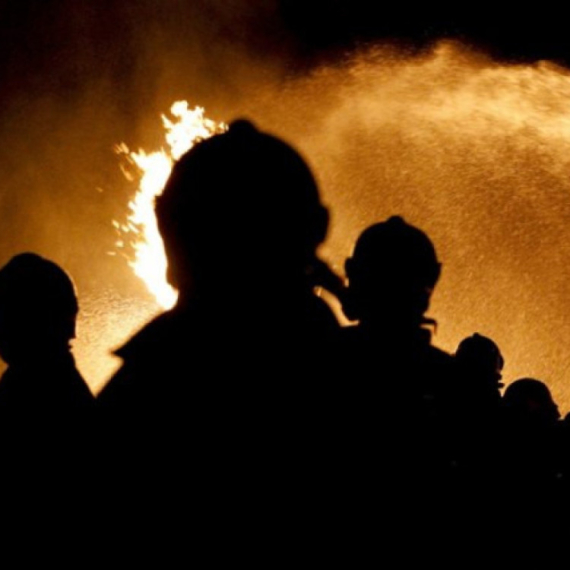
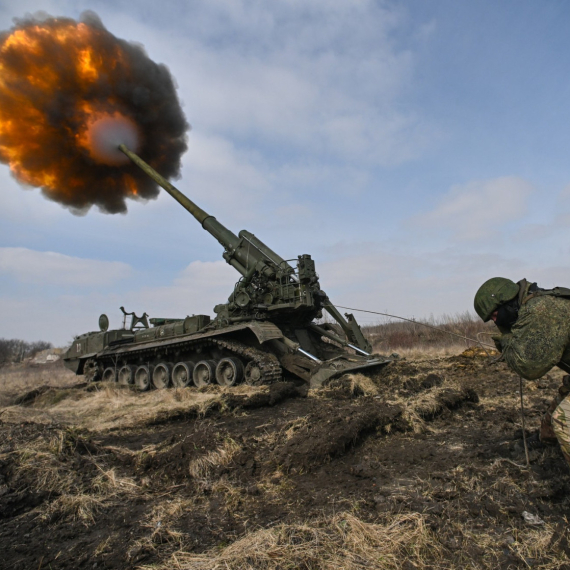
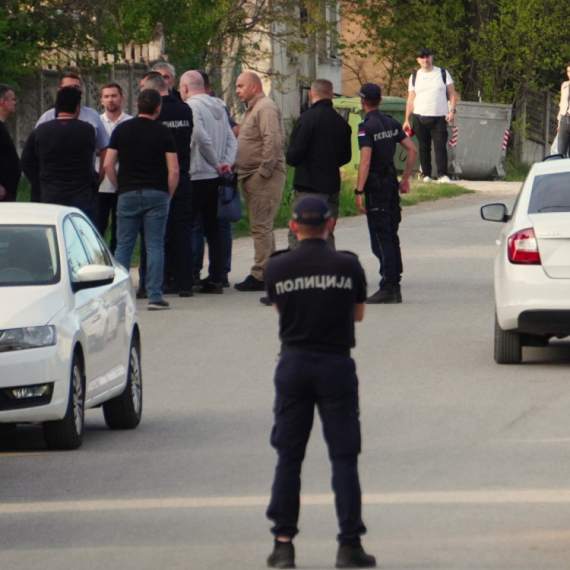

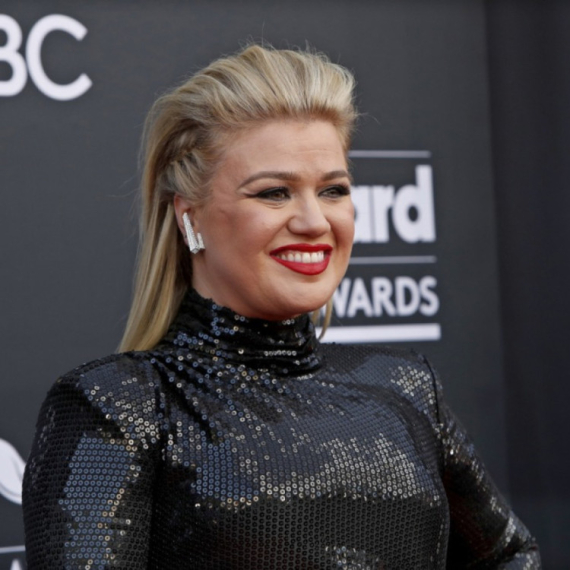
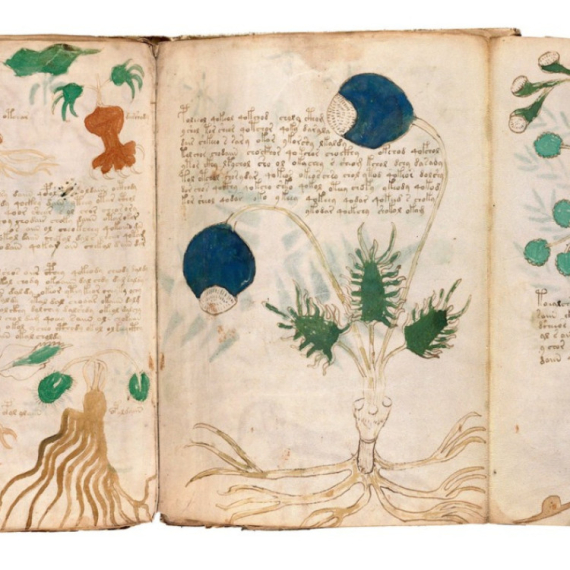

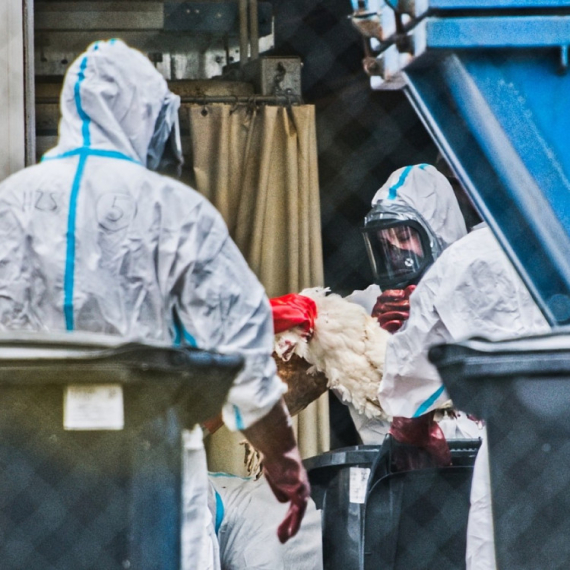














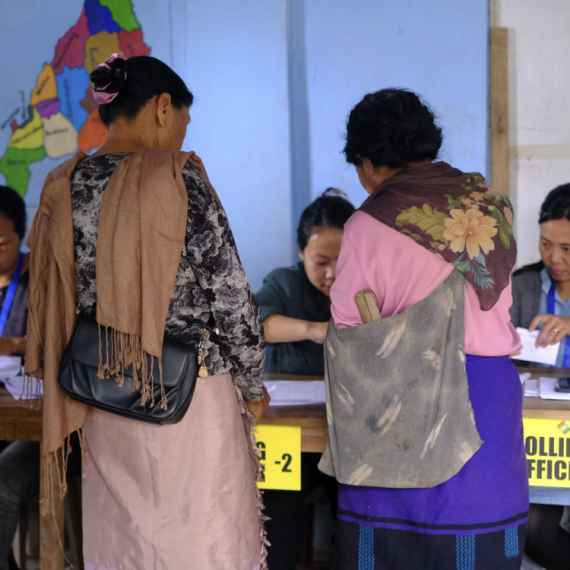
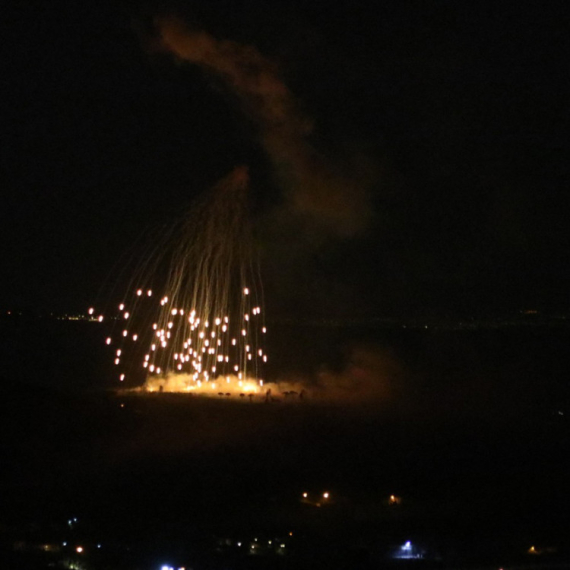








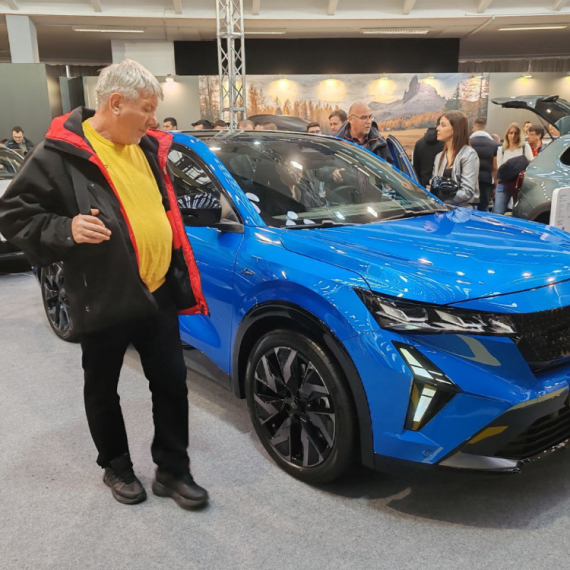




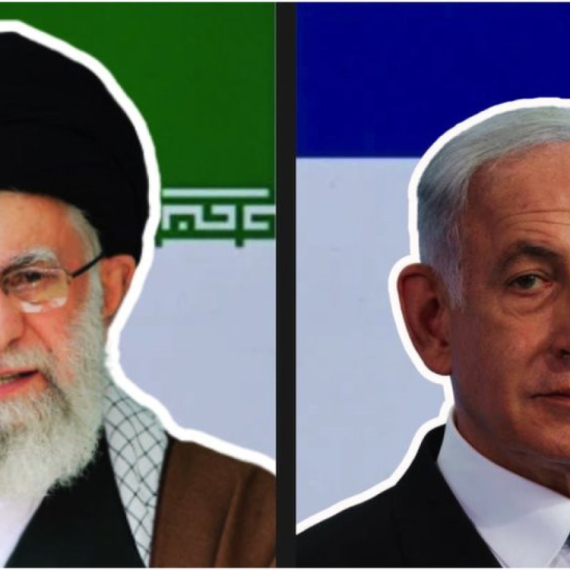
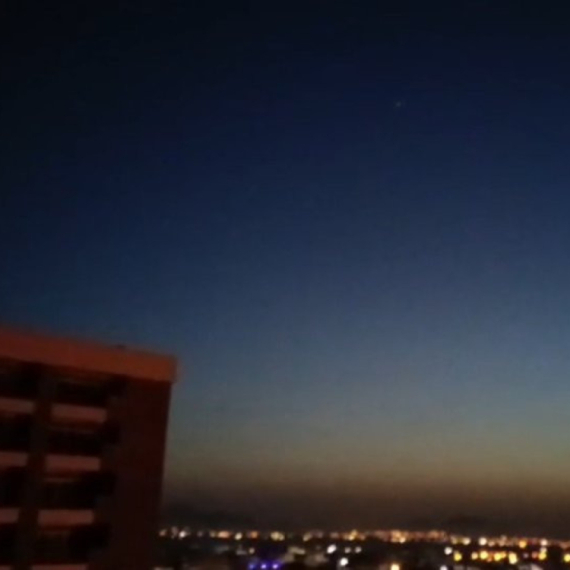




Komentari 23
Pogledaj komentare